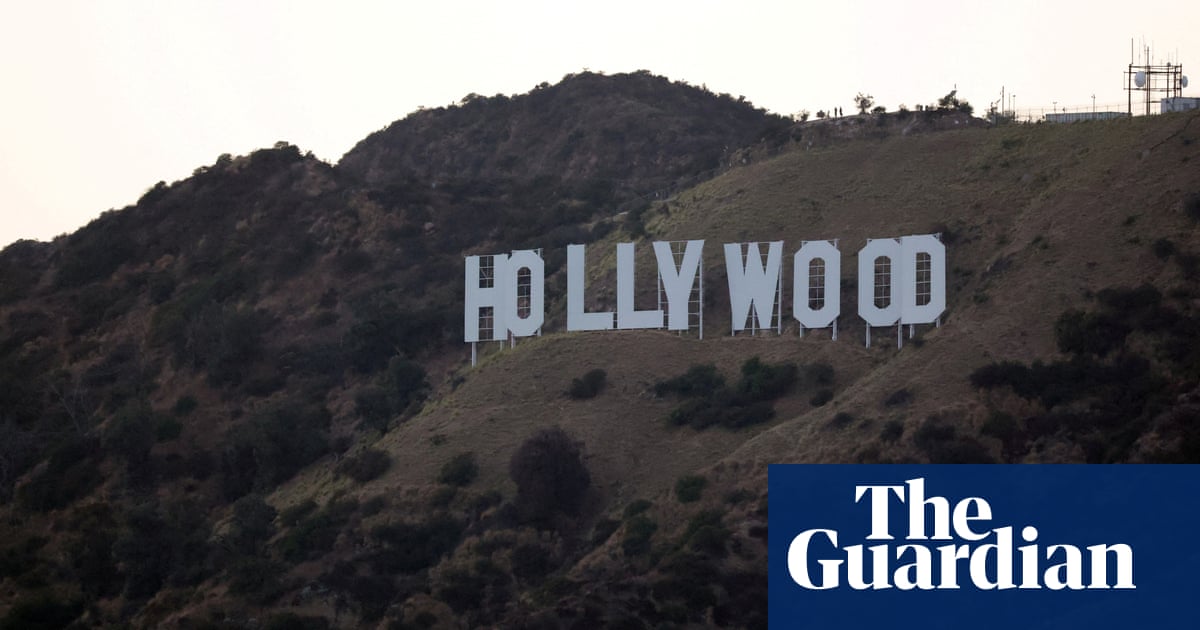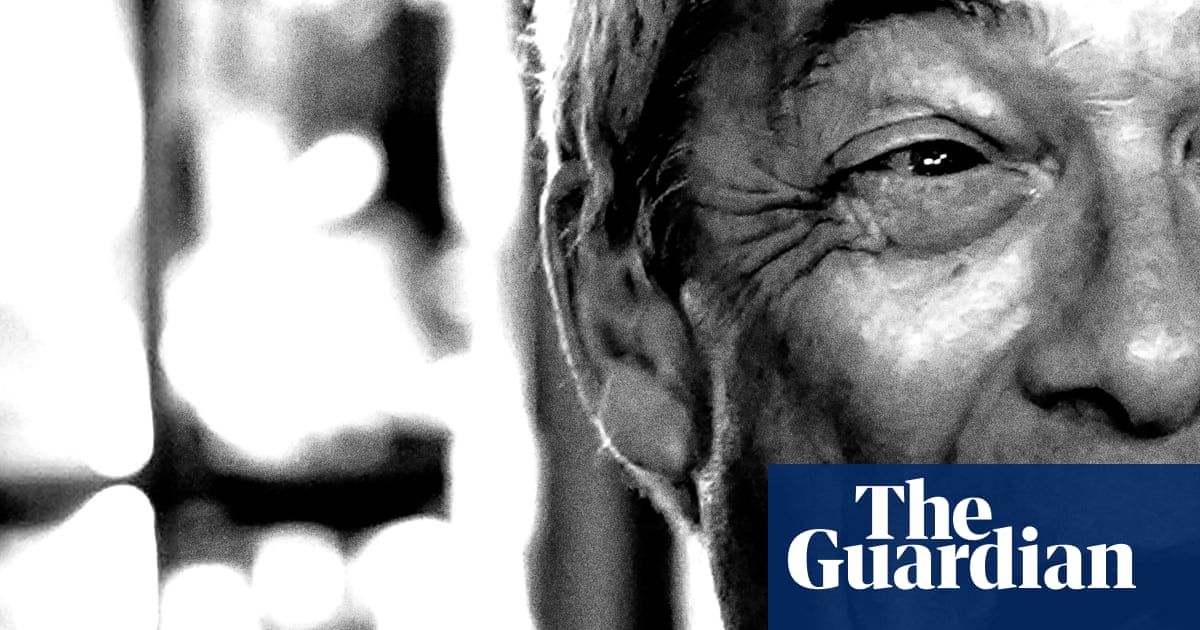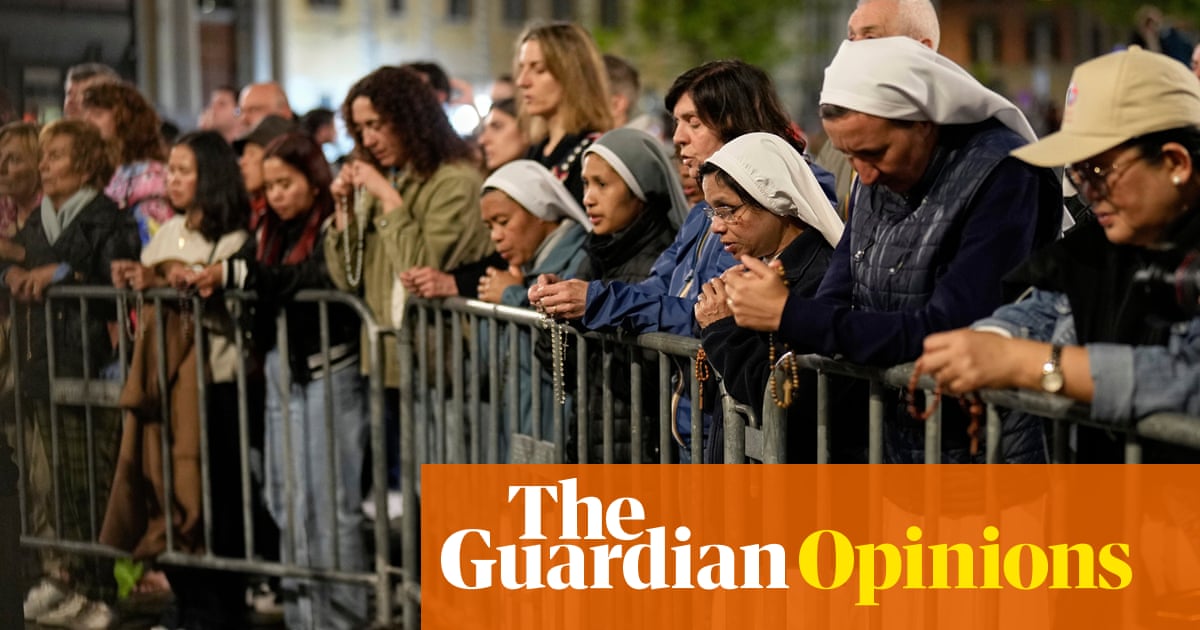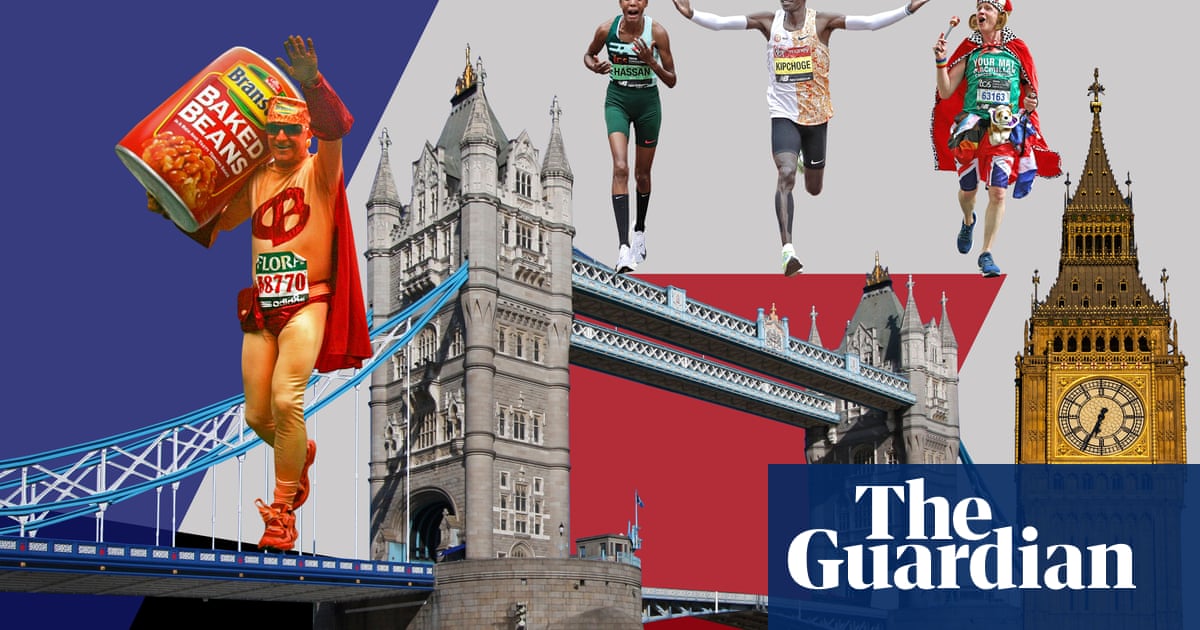The UK is the second most attractive country for investment behind the US, signalling a climb up the rankings, according to an annual survey of global business leaders by the consultancy PwC.
Published at the start of the World Economic Forum (WEF) in the Swiss ski resort of Davos, the survey of almost 5,000 chief executives from 109 countries puts the UK in second place, ahead of China, Germany and India.
That marks the highest ranking for the UK in the survey’s 28-year history – up from fourth in 2024 - and appears to belie some of the gloom that has hovered over the economy in recent months.

Commenting on the survey, the chancellor, Rachel Reeves, said: “These latest results show global CEOs are backing Britain and the UK is one of the most attractive destinations for international investment. And it’s this investment that will help drive economic growth and improve living standards across the UK.”
Reeves will travel to the Davos summit herself, taking part in a series of events on Wednesday and Thursday aimed at highlighting the UK as an investment partner. The business secretary, Jonathan Reynolds, will also attend.
The chancellor is set to meet business leaders including the JPMorgan Chase chief executive, Jamie Dimon, and Jo Taylor, president of giant Canadian pensions fund the Ontario Teachers’ Pension Plan.
The UK was singled out by 14% of the chief executives surveyed by PwC as the destination for most forthcoming capital investment, behind the US, mentioned by 30%.
Germany (12%) and China (9%) were the next two economies in line. Germany is battling recession as an election looms, while the outlook for China is particularly uncertain, given Donald Trump’s plans for sweeping new import taxes.
Marco Amitrano, senior partner of PwC UK, called the findings, “a vote of confidence in the UK as a place for business and investment”.
He added: “The UK’s relative stability at a time of instability should not be underestimated, nor should its strength in key sectors including technology. However, there is no room for complacency.”
Last week the International Monetary Fund upgraded its forecast for UK growth this year to 1.6% from an earlier forecast of 1.5%, driven by Labour’s increased investment spending, improved household finances and a series of expected interest rate cuts by the Bank of England.
Ministers hope the fact the government has a secure majority, unlike major EU economies such as Germany and France, which face political instability, will increase the UK’s attractiveness as a safe haven for investment.
Reeves has come under criticism from some business lobby groups after her October budget imposed a £25bn increase in employer national insurance contributions.
after newsletter promotion
Some firms have also raised concerns about aspects of the government’s employment bill, aimed at boosting workers’ rights.
The Treasury restated Reeves’s commitment to meeting her self-imposed fiscal rules earlier this month after a tumultuous few days on bond markets that risked raising the cost of borrowing for the government.
However, much of the move was reversed by the end of last week, after lower than expected inflation figures opened the way for the Bank of England to cut interest rates.
This year’s Davos summit will take place in the shadow of Donald Trump’s inauguration. The new president will address the gathering by video-link on Thursday.
Greenpeace protestors blocked delegates arriving at a Davos heliport on Monday. Clara Thompson, Greenpeace spokesperson in Davos, said: “It is an outrage that politicians, CEOs and the powerful elite gather at Davos to debate endlessly on global challenges while the world is burning and people struggle with meeting basic needs and dealing with worsening climate impacts.
“There is a way forward: the super-rich must pay their fair share of taxes. There’s no lack of money to address the climate and environmental and social crisis, it’s just in the wrong pockets and it’s time to make rich polluting elites pay.”

.png) 3 months ago
32
3 months ago
32













































